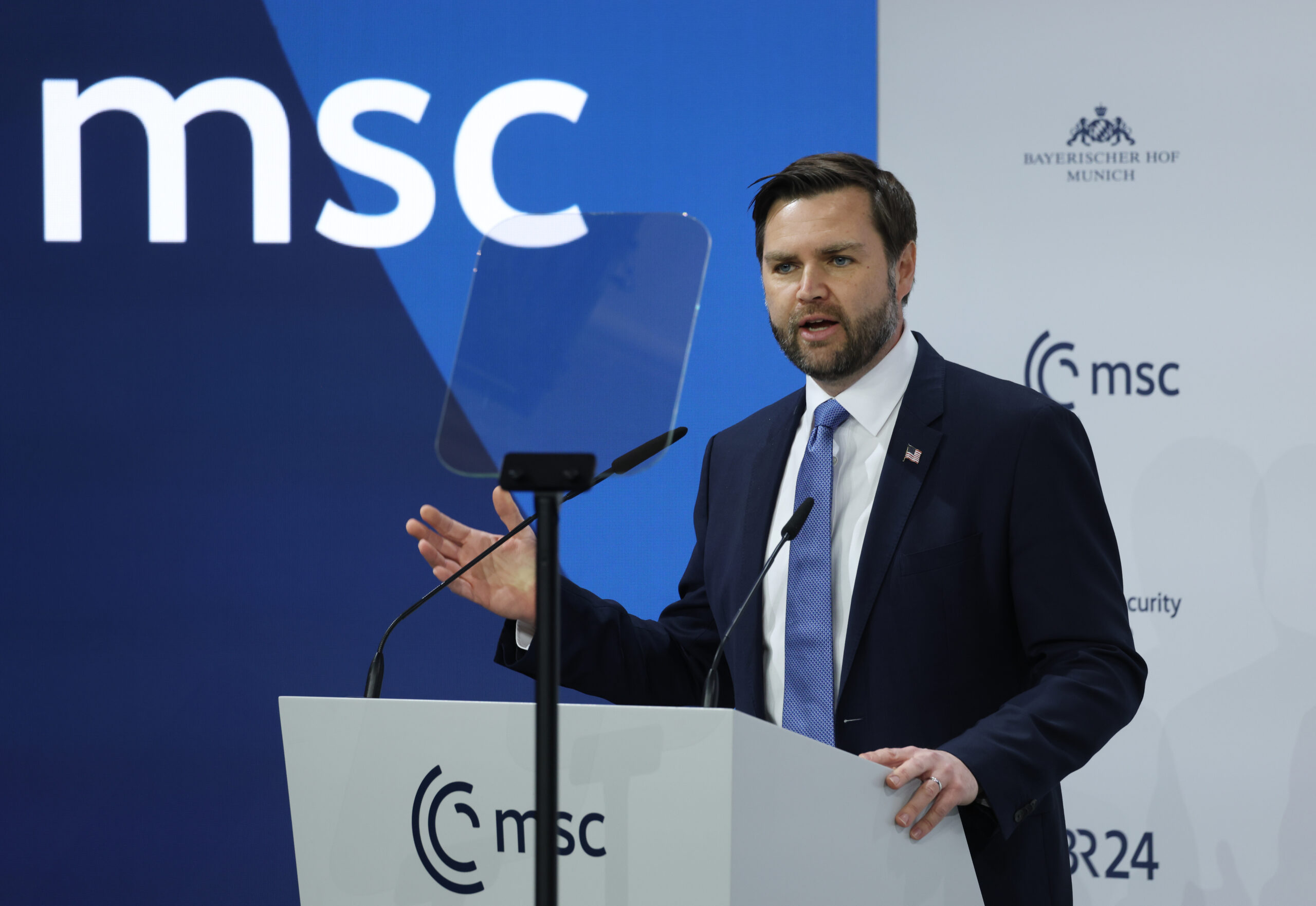
"The U.S. is shifting the burden of conventional deterrence onto European nations, marking the end of unlimited NATO expansion and changing the global power dynamics support."
"European leaders faced critical reflections from the American vice president, paralleling their institutions to Soviet structures, highlighting the shifting alliances in global security."
"Ukraine's president urged the creation of a European army to counter foreign threats and controversially proposed Ukraine’s leadership in European defense structures."
"Germany’s election of Friedrich Merz sparked conversations about nuclear arrangements among Europe’s powers, reigniting discussions of European military unification, almost reminiscent of imperial ambitions."
The Munich Security Conference highlighted a significant shift in global power dynamics, with the U.S. signaling a transition to European responsibility for conventional deterrence and marking the end of expansive NATO promises. Ukrainian President Zelensky’s unconventional call for a European army drew attention amid rising tensions, while Germany's new leadership expressed ambitions for deeper nuclear cooperation with France and the UK, echoing notions of a European military identity. This marked a noteworthy historical moment reflecting the complexity of current geopolitical structures and the resurgence of imperialistic discourse in European politics.
Read at The American Conservative
Unable to calculate read time
Collection
[
|
...
]